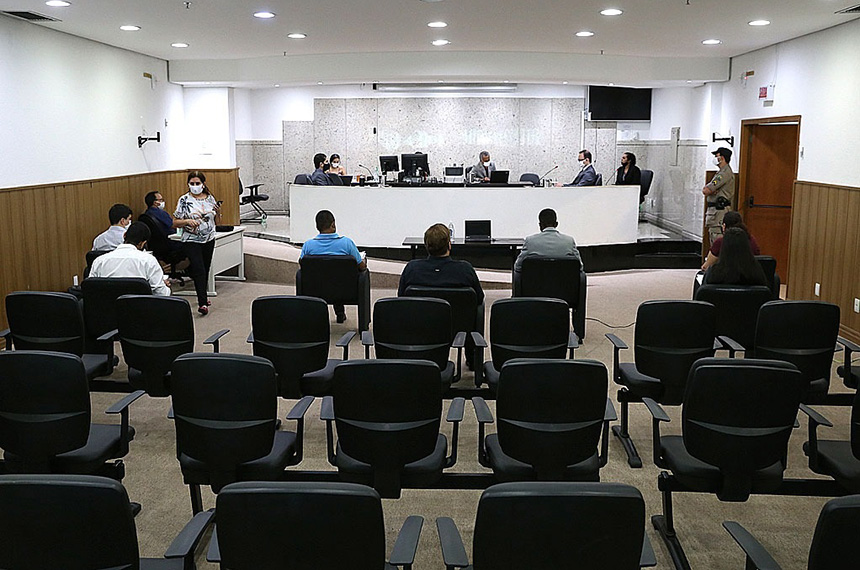This week, I cried for the first time since my grandmother died four years ago. This happened after passing through Ben-Gurion Airport.
The seven circles of hell which Palestinian citizens of Israel must traverse every time they fly overseas have become routine, an expected obstacle one prepares for in advance before embarking on a trip. Such mental preparation may help on occasion, but nothing can prepare you for the small and random details that might rub security personnel the wrong way. It’s enough to give one answer in the wrong tone to penalize you so that you don’t know when or whether the saga will ever end. For a Palestinian traveler at Ben-Gurion Airport, a visit to the duty-free shop, so beloved by Israeli travelers, is in most cases a distant dream.
I arrived for my flight this week slightly late. There was road work on the highway from Tel Aviv, and as soon as I reached the terminal, I encountered a frightful line (with a hefty presence of Arab travelers making, as expected, this line slower and more frightening). When my turn came, I was tired and stressed, answering one of the questions of the security interrogator impatiently.
This was enough for me to be told to “wait,” as she went to get her supervisor. The supervisor took me aside and launched an intensive interrogation: Why was I going to the particular destination I was traveling to? Why for so long? Where do I work? Who are my clients? She demanded that I show her emails from my clients, asking me to show her my press credentials (which I haven’t had for years), and on and on. Finally, before letting me go, she told me in a patronizing voice: “You could have spared yourself all this if you’d answered all our questions as one should.”
The travails awaiting Palestinian Israeli citizens at Ben-Gurion Airport are a dog-bites-man story, an old story Israelis are long aware of, justifying it with a myriad of security-related and psychological reasons. So-called “moderate” Israelis criticize this policy from time to time when it’s directed against citizens of the state, demanding that we receive equal treatment.
But what many Israelis like to forget, or to close their eyes to, is that this policy has no reason or logic behind it, since there is no focused intelligence data covering the entire Arab population of this country. In the absence of such intelligence, an invasive security check, brutal and rude, is nothing more than abusive conduct meant to show Arab citizens who’s the boss. The same thuggish behavior is routinely employed against the Palestinian population in the occupied West Bank and the residents of the Gaza Strip, who have for years been living under siege.
Amnesty International has just released a report accusing Israel of being an apartheid state in all its areas, including within the Green Line. Each such report elicits Pavlovian cries by the “robbed Cossack,” rushing to decry the antisemitism. But deep in their hearts, the Israeli collective knows that it is the neighborhood bully, and that the person who became their icon of peace is the man who ordered the army to “break their arms and legs.” Yitzhak Rabin knew who he was addressing and what he was talking about. Since 1948, Israel has never ceased to break our arms and legs, both metaphorically and literally. In this way it continues to prove constantly that it is a glorious democracy, not distinguishing between the residents of the Gaza Strip, the West Bank and the Palestinian citizens of Israel.
Israel well knows that the civilian population in Gaza on which it imposes restrictions is not dangerous; it is a population clamoring for a normal life. And yet, it imposes absurd restrictions, such as predicating the export of tomatoes from Gaza to Israel on “taking the stalk off the tomato,” or in its confiscating of Dr Martens boots at border crossings since they are “military” boots. There is no logic behind these restrictions, and Israel imposes them only because it can.
The state and its army know full well that the agricultural community in the hamlets of Masafer Yatta near Hebron has nowhere to go if the army expropriates their land for the purpose of training, but the army does so anyway. Why? Because it can. And when I, a Palestinian citizen in the only democracy in the Middle East, travel overseas, the airport interrogators know very well that I pose no threat. Real threats are detected by Israel early, and I can’t recall one of them being detected during a “random” questioning session of Palestinian citizens at the airport.
At the end of a brutal and humiliating interrogation – whether they strip me in its course or turn my suitcase contents upside down repeatedly without finding anything dramatic – they’ll ask if the bags were with me the whole time and if I’d packed them myself. I’ll respond in the affirmative and they’ll let me board the plane, as they could have done without humiliating me. But all this doesn’t matter. The questioning changes nothing, and in any case, security is not the issue, certainly not the main one. It’s all done because Israel can.
Democracy is not just hollow proclamations, and the presence of an Arab party in the government does not change the anti-democratic reality, the racist and discriminatory one which has been here since the state was founded. Rolling one’s eyes and employing excuses touting the exigencies of a “democracy defending itself,” the citing of perennial and well-targeted security needs cannot hide the racist nakedness of Israel’s bullying democracy. It’s encouraging to see through the Amnesty report, even without my help or that of others like me, that after years of looking away, the world is beginning to pay attention. The wailing emanating from the corridors of Israeli power following the report’s publication proves that in Israel, too, there is recognition of the scope of its nakedness and that there is cause for concern.
Note: This article have been indexed to our site. We do not claim legitimacy, ownership or copyright of any of the content above. To see the article at original source Click Here












